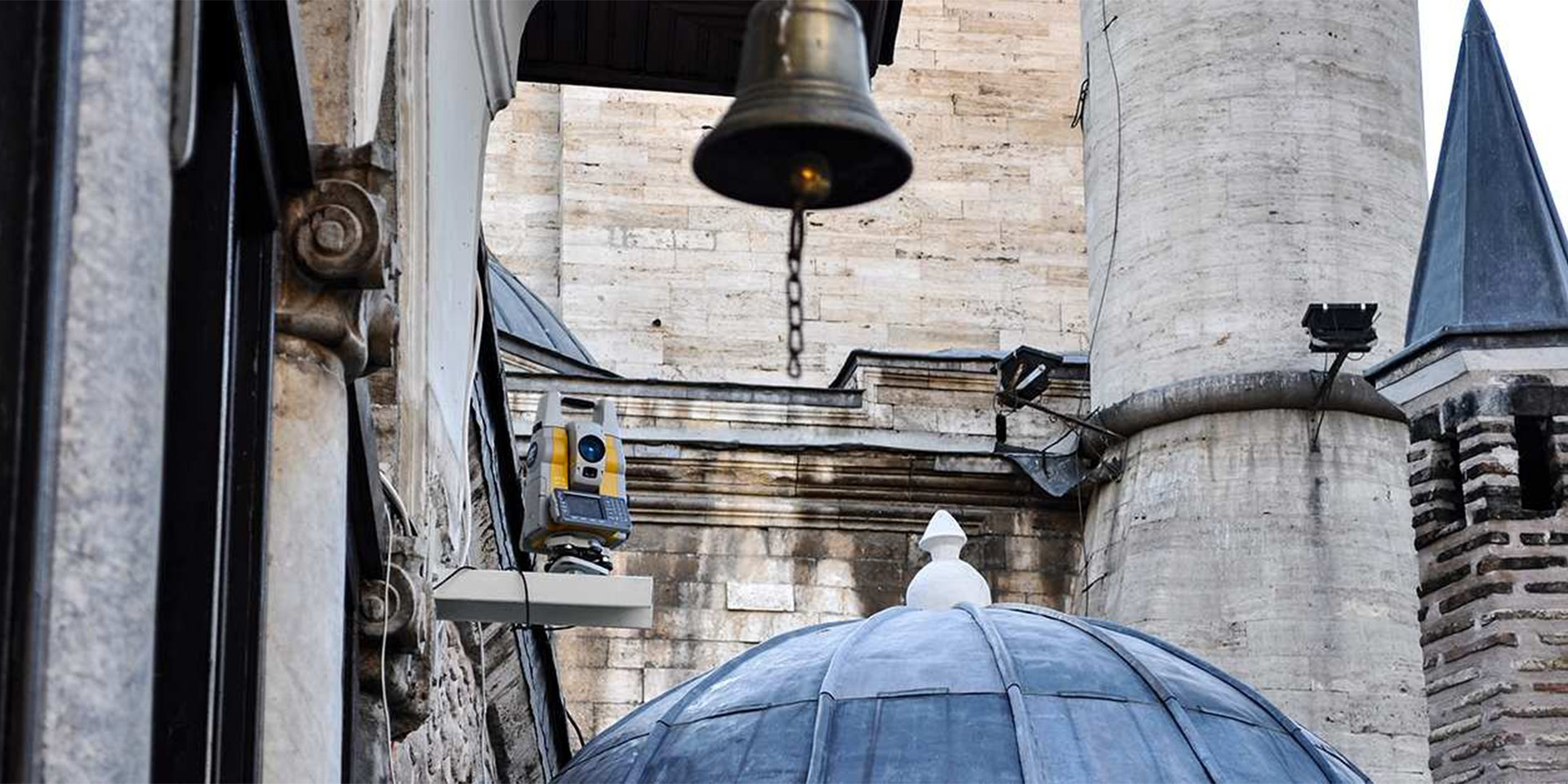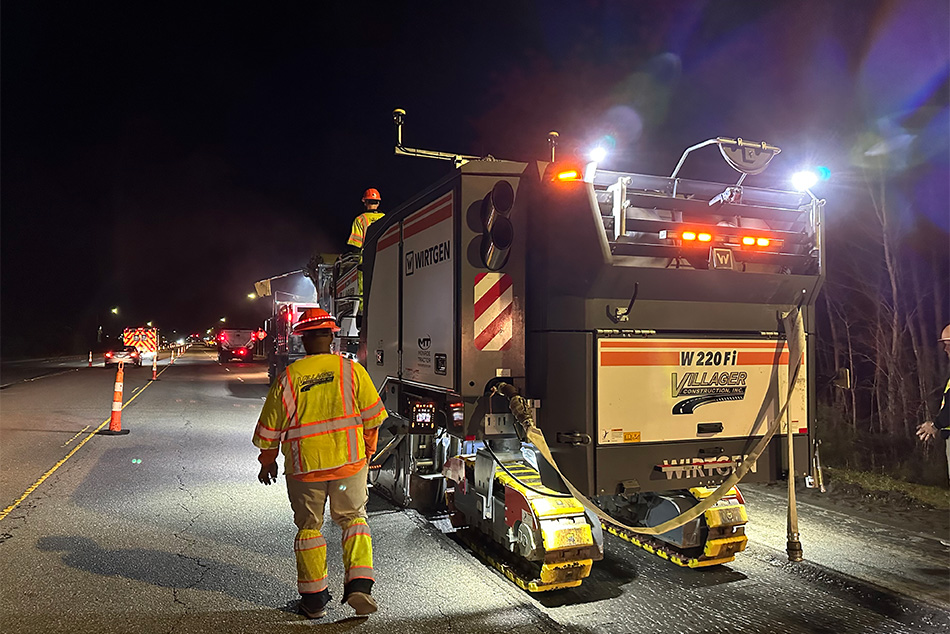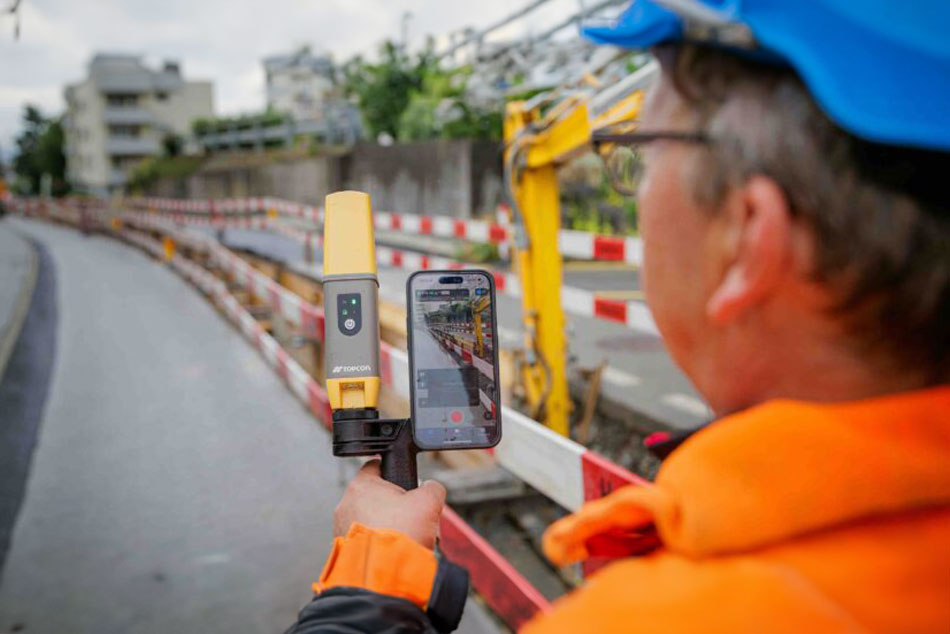In Turkish culture, the Dance of the Whirling Dervishes is one of the most iconic of images. The dance is performed in remembrance of the Turkish poet Rumi, a revered holy man who died December 17, 1273 and was laid to rest next to his father in Konya, in present day Turkey.
Seven hundred years passed and the country’s shifting geology has taken a destructive toll on the mausoleum.
Professor Ferruh Yildiz of the Selcuk University was quick to look into ways of monitoring the movement of the structure. Local Topcon dealer Paksoy introduced him to the Singapore-based company Monitoring Solutions Provider (MSP) to analyze the structure and the movement that was undermining its integrity.
In May 2011, an MSP work crew made their first site visit to assess the location and determine how they could best monitor the situation. Part of the challenge the museum faced was a lack of skilled staff – naturally, there were no trained surveyors on the payroll. The prospect of bringing in contractors to make frequent assessments would have put their limited budgets under huge strain. With Turkey’s volatile terrain they needed monitoring around-the-clock too, which would have been impossible with traditional survey monitoring, which relies on daylight. Precision was also a vital concern – millimeter-precise measurements were required to make sure the building was safe.
MSP suggested they use their RAPID Automatic Deformation Monitoring System. It would offer 24-hour monitoring based around two Topcon MS1AX units – one fixed on a wall and the other in the grounds. In total, 48 prisms would then be mounted around the instruments at critical points, with three per unit outside the expected zone of movement as reference points. The system would be connected to the Internet through an on-site computer. Instant reports could then be accessed online by museum staff and an alarm raised automatically if movement was detected.
In October 2011 an MSP team arrived at Mevlana; the team included people from Topcon and Paksoy. The group of nine took just two days to set up and certify the system. A specially made marble pillar had been erected to take the connection. The on-site computer was then linked to their offices in Singapore over the Internet and engineers based in those offices began calibrating and testing the equipment.

















